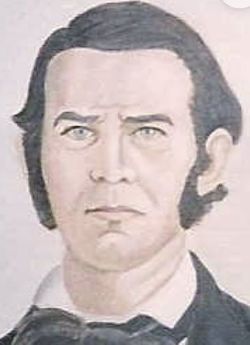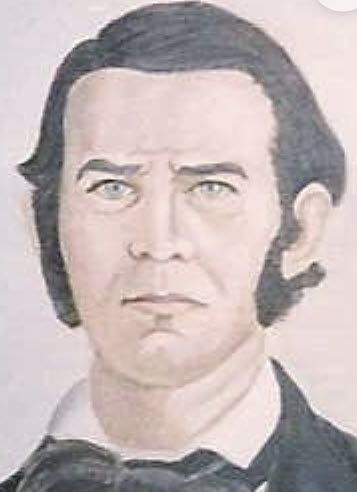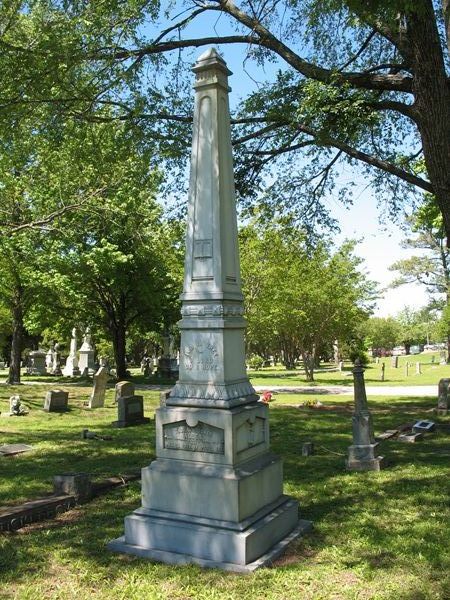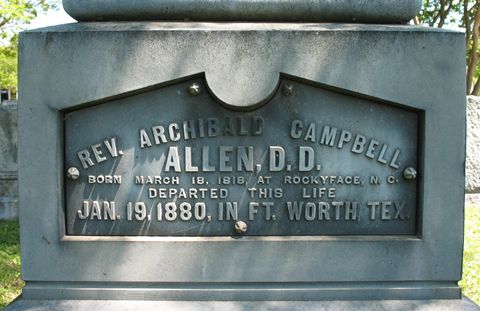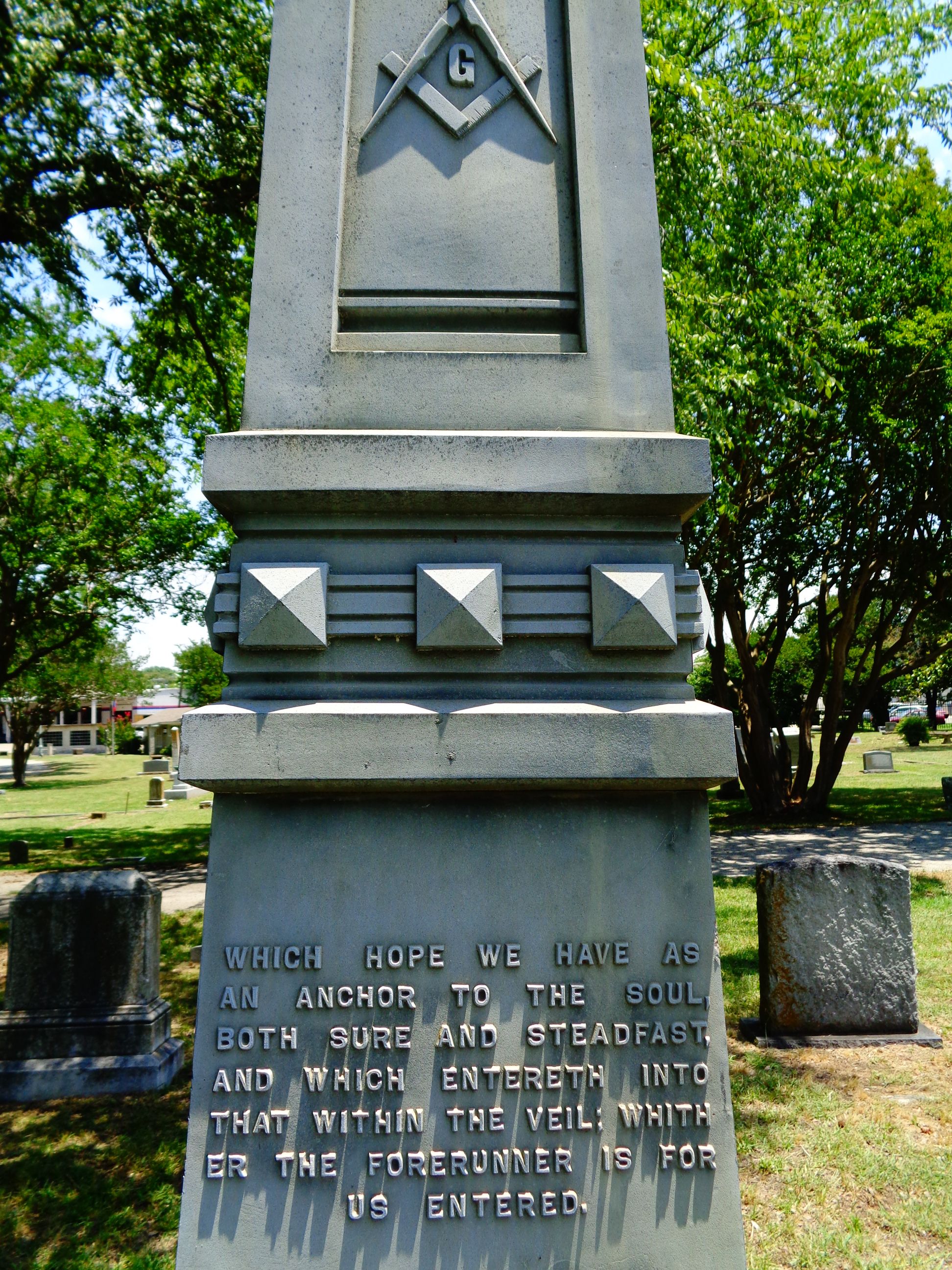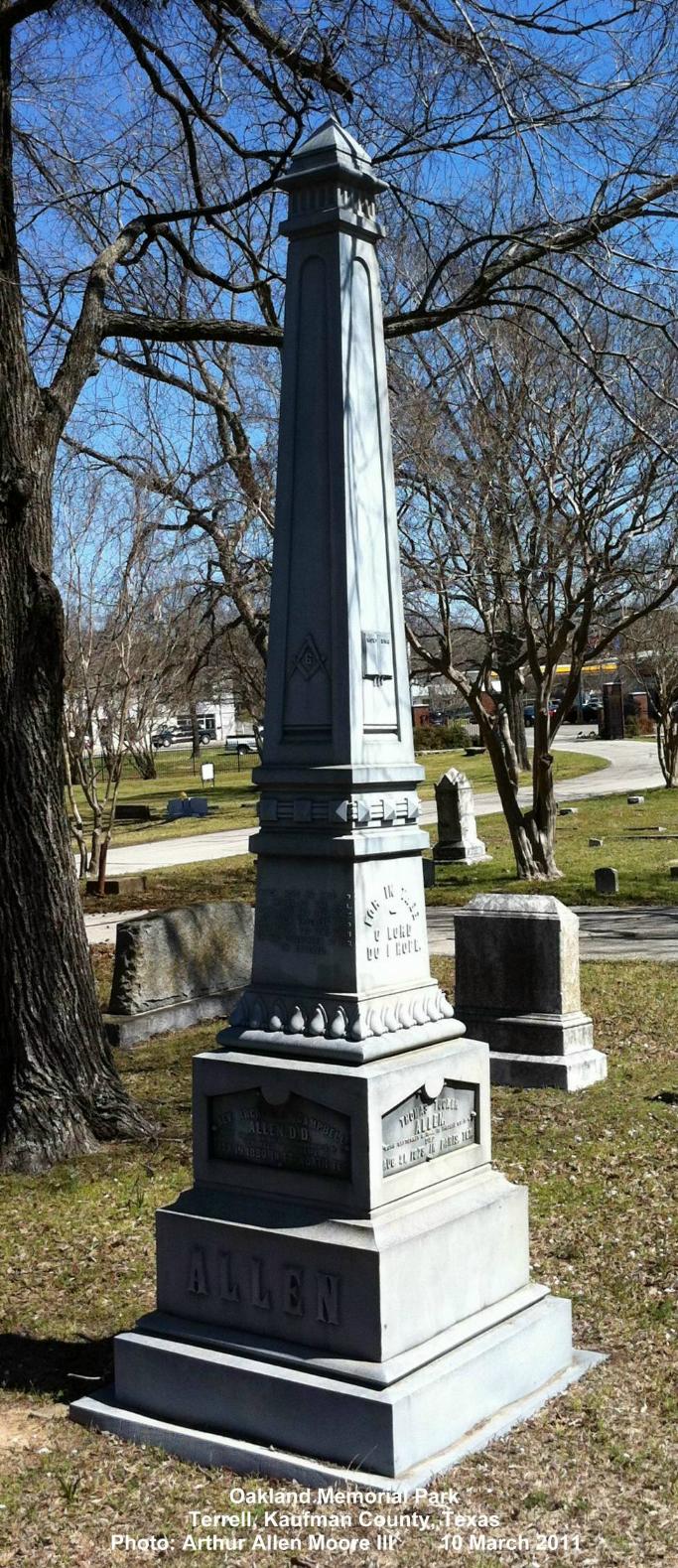Biographical sketch furnished by contributor:
William H. Allen. The city of Dallas, the beautiful and progressive metropolis of northern Texas, is signally favored in the personnel of its representative members of the bar, and among those who here held distinctive priority in this important field of human endeavor stands William H. Allen, who is senior member of the law firm of Allen & Allen, in which his coadjutor is his eldest son, Archibald C. Mr. Allen has represented many important interests during the period of his long and active practice as a member of the Texas bar, and for a number of years past his work has been largely in the state and federal courts, in which he has won such decisive victories as to give him secure reputation as one of the versatile and resourceful representatives of the legal profession in the state that has been his home since his youth and in which he has marked the passing years with definite and worthy achievement.
Mr. Allen was born at Okalona, Chickasaw county, Mississippi, on the 27th of May, 1856, and is a son of Rev. Archibald C. and Mary Adaline (Tucker) Allen, both of whom were born in North Carolina, as representatives of old and honored families whose names have been identified with the annals of southern history since the colonial days. Rev. Archibald C. Allen became a leading member of the clergy of the Methodist Episcopal church, South, and was known as a man of specially high intellectual attainments, even as he gained also recognition for his consecrated devotion in his high calling. He held various pastorates in Mississippi and there continued to maintain his residence until 1874, when he came to Texas and assumed the pastorate of the First Methodist Episcopal church, South, in Dallas, this being the pioneer church of this denomination in Dallas, which city at that time gave slight evidence of developing into the important industrial and commercial center which it stands to-day. The church mentioned was originally known as the Lamar Street church, and of the same Mr. Allen continued in pastoral charge until his death, which occurred in February, 1880. His name and memory are revered in Dallas, where he did a noble work in the upbuilding of his church and stood exponent of the highest civic ideals. His loved and devoted wife survived him by thirty years and was summoned to the life eternal in January, 1912, at the venerable age of eighty-seven years. A tender, gracious woman, she went through life trailing the beatitudes and well may her children, of whom two sons and two daughters are living, rise up and call her blessed.
After due preliminary discipline William H. Allen was matriculated in the Southern University, at Greensboro, Alabama, in which institution he was graduated as a member of the class of 1875 and from which he received the degree of Bachelor of Arts. His parents had removed to Texas in the preceding year and immediately after his graduation he came to this state, where he accepted the position of professor of mathematics in Marvin College, at Waxahachie. He held this position nearly three years and proved an able and popular representative of the pedagogic profession, with the result that he was called to the chair of mathematics in old Rock College, in Dallas, an incumbency which he retained for two years. Practical pedagogics did not, however, satisfy his ambition, and he had accordingly taken up the study of law, under effective private preceptorship. He devoted himself to his technical reading with characteristic earnestness and thus made rapid and substantial progress in his assimilation of the science of jurisprudence. In 1880 he was admitted to the Texas bar, at Terrell, Kaufman county, and there
he initiated forthwith the active practice of his profession. He proved himself admirably fortified as a trial lawyer and conservative counselor, and soon succeeded in building up an excellent practice, in connection with which he was admitted to practice before the various federal courts in Texas, as well as its supreme court and finally to the supreme court of the United States. In 1906 Mr. Allen removed to the city of Dallas, where he has found a broader field for his professional endeavors and where he now retains as important and representative clientele. He has presented many causes in appelate and supreme courts of Texas, as well as in the federal courts, including the supreme court of the United States, before which he had presented briefs in many important causes, much of his practice at the present time being in these courts of higher jurisdiction.
Ever unwavering in his allegiance to the Democratic party, Mr. Allen has been an effective exponent of its principles and policies but has only once appeared as a candidate for public office. In 1902, while a resident of Terrell, he was made the party nominee for representative of the Sixth district of Texas in Congress, and he made a most spirited canvass of the district, in which he was pitted against three opponents, with the result that he was defeated, though he received a gratifying support at the polls.
Among the most celebrated cases in which Mr. Allen has appeared in recent years was the mandamus suit conducted by him in the summer of 1906, as counsel for the so-called reorganized Republican party in Texas against the secretary of state, who was compelled by mandamus to place on the general election ticket the name of E. H. R. Green, as the candidate for governor on the reorganised Republican ticket. This case aroused wide attention through the state and in the connection Mr. Allen gained an unequivocal victory for his clients. In the active work of his profession he now has an effective assistant in the person of his eldest son, Archibald C., with whom he is associated under the firm name of Allen & Allen. They have well appointed offices in the Commonwealth National Bank building.
A history of Texas and Texans, Volume 3 By Francis White Johnson
(Public Domain)
Biographical sketch furnished by contributor:
William H. Allen. The city of Dallas, the beautiful and progressive metropolis of northern Texas, is signally favored in the personnel of its representative members of the bar, and among those who here held distinctive priority in this important field of human endeavor stands William H. Allen, who is senior member of the law firm of Allen & Allen, in which his coadjutor is his eldest son, Archibald C. Mr. Allen has represented many important interests during the period of his long and active practice as a member of the Texas bar, and for a number of years past his work has been largely in the state and federal courts, in which he has won such decisive victories as to give him secure reputation as one of the versatile and resourceful representatives of the legal profession in the state that has been his home since his youth and in which he has marked the passing years with definite and worthy achievement.
Mr. Allen was born at Okalona, Chickasaw county, Mississippi, on the 27th of May, 1856, and is a son of Rev. Archibald C. and Mary Adaline (Tucker) Allen, both of whom were born in North Carolina, as representatives of old and honored families whose names have been identified with the annals of southern history since the colonial days. Rev. Archibald C. Allen became a leading member of the clergy of the Methodist Episcopal church, South, and was known as a man of specially high intellectual attainments, even as he gained also recognition for his consecrated devotion in his high calling. He held various pastorates in Mississippi and there continued to maintain his residence until 1874, when he came to Texas and assumed the pastorate of the First Methodist Episcopal church, South, in Dallas, this being the pioneer church of this denomination in Dallas, which city at that time gave slight evidence of developing into the important industrial and commercial center which it stands to-day. The church mentioned was originally known as the Lamar Street church, and of the same Mr. Allen continued in pastoral charge until his death, which occurred in February, 1880. His name and memory are revered in Dallas, where he did a noble work in the upbuilding of his church and stood exponent of the highest civic ideals. His loved and devoted wife survived him by thirty years and was summoned to the life eternal in January, 1912, at the venerable age of eighty-seven years. A tender, gracious woman, she went through life trailing the beatitudes and well may her children, of whom two sons and two daughters are living, rise up and call her blessed.
After due preliminary discipline William H. Allen was matriculated in the Southern University, at Greensboro, Alabama, in which institution he was graduated as a member of the class of 1875 and from which he received the degree of Bachelor of Arts. His parents had removed to Texas in the preceding year and immediately after his graduation he came to this state, where he accepted the position of professor of mathematics in Marvin College, at Waxahachie. He held this position nearly three years and proved an able and popular representative of the pedagogic profession, with the result that he was called to the chair of mathematics in old Rock College, in Dallas, an incumbency which he retained for two years. Practical pedagogics did not, however, satisfy his ambition, and he had accordingly taken up the study of law, under effective private preceptorship. He devoted himself to his technical reading with characteristic earnestness and thus made rapid and substantial progress in his assimilation of the science of jurisprudence. In 1880 he was admitted to the Texas bar, at Terrell, Kaufman county, and there
he initiated forthwith the active practice of his profession. He proved himself admirably fortified as a trial lawyer and conservative counselor, and soon succeeded in building up an excellent practice, in connection with which he was admitted to practice before the various federal courts in Texas, as well as its supreme court and finally to the supreme court of the United States. In 1906 Mr. Allen removed to the city of Dallas, where he has found a broader field for his professional endeavors and where he now retains as important and representative clientele. He has presented many causes in appelate and supreme courts of Texas, as well as in the federal courts, including the supreme court of the United States, before which he had presented briefs in many important causes, much of his practice at the present time being in these courts of higher jurisdiction.
Ever unwavering in his allegiance to the Democratic party, Mr. Allen has been an effective exponent of its principles and policies but has only once appeared as a candidate for public office. In 1902, while a resident of Terrell, he was made the party nominee for representative of the Sixth district of Texas in Congress, and he made a most spirited canvass of the district, in which he was pitted against three opponents, with the result that he was defeated, though he received a gratifying support at the polls.
Among the most celebrated cases in which Mr. Allen has appeared in recent years was the mandamus suit conducted by him in the summer of 1906, as counsel for the so-called reorganized Republican party in Texas against the secretary of state, who was compelled by mandamus to place on the general election ticket the name of E. H. R. Green, as the candidate for governor on the reorganised Republican ticket. This case aroused wide attention through the state and in the connection Mr. Allen gained an unequivocal victory for his clients. In the active work of his profession he now has an effective assistant in the person of his eldest son, Archibald C., with whom he is associated under the firm name of Allen & Allen. They have well appointed offices in the Commonwealth National Bank building.
A history of Texas and Texans, Volume 3 By Francis White Johnson
(Public Domain)
Family Members
Advertisement
Explore more
Sponsored by Ancestry
Advertisement
